My favorite memories of the Fourth of July involve a sunny, hot July day, burgers, hotdogs and corn on the cob on the grill, a big pitcher of lemonade on the table, and a pack of beer in the cooler. When the sun went down, the crowds gathered near bridges and waterfronts to watch beautiful firework displays light up the sky, while kids frolicked between picnic blankets, carrying sparklers, and throwing bang-snaps at each other’s feet.
Now you have a dog or cat, maybe both. How can you share your enthusiasm for Independence Day with your pet, while keeping them safe? Let’s walk through that nostalgic Fourth of July memory together, to identify the potential safety concerns if you include your pet in your celebration.
The cookout
A Fourth of July celebration often includes a cookout, and the first safety consideration is the grill itself. Some are taller than others. Some will have a hotter outer surface than others. If your pet can get anywhere near the hot metal that surrounds your grilling food, being burned is a possibility. Pets, especially those who enthusiastically jump or reach up toward good-smelling food, could accidentally burn a paw pad or limb on the hot surface. If you use a small, short grill, remember that some dogs will not rest until they successfully grab food directly from the grill.
Another cookout consideration is the food itself. Remember that onions and garlic are toxic to dogs. Hamburgers, hot dogs, steaks, and other fatty Fourth of July favorites can cause stomach upset, including vomiting, diarrhea, and potentially a severe, life-threatening condition called pancreatitis.
Alcoholic beverages
If beer or other alcoholic beverages are a part of your Fourth of July celebration, ensure your dog or cat does not indulge, as well. Pay attention to where you place your alcoholic drink, and clean up any spills. Pets are notorious for drinking from our glass when we aren’t looking, and licking up spills lickity-split. When a pet ingests beer and other alcohol, the beverages can cause severe drops in blood pressure, blood sugar, and body temperature, and seizures or an inability to breathe. Depending on how much alcohol is consumed, death can also result.
Fireworks, bang-snaps, and pets
Fireworks come in all shapes, sizes, and colors, but only two volumes—loud and really loud. Although most people enjoy the sound of fireworks, they cause significant fear in many dogs and cats. Some will stand still and shake, while others will hide under the bed. Some pets will urinate in the house, tear up furniture, scratch a hole in the wall, or run away from home. If your pet engages in any fear behaviors, seeking veterinary advice on alleviating your pet’s fears before the big Fourth of July show is paramount. Prescription drugs, supplements, and other options may work well to help relieve your pet’s fear.
Kids love bang-snaps, which go by many names, but are basically small objects you throw at the ground that make a loud popping sound on impact. Under no circumstances should children be allowed to toss bang-snaps at or near a dog or cat. Pets who are pestered may be scared, and may redirect that fear into aggression toward other animals, or humans. Pets who are regularly scared by children with bang-snaps can cause a pet to permanently dislike, and possibly injure children.
Summer is set to cause problems for pets
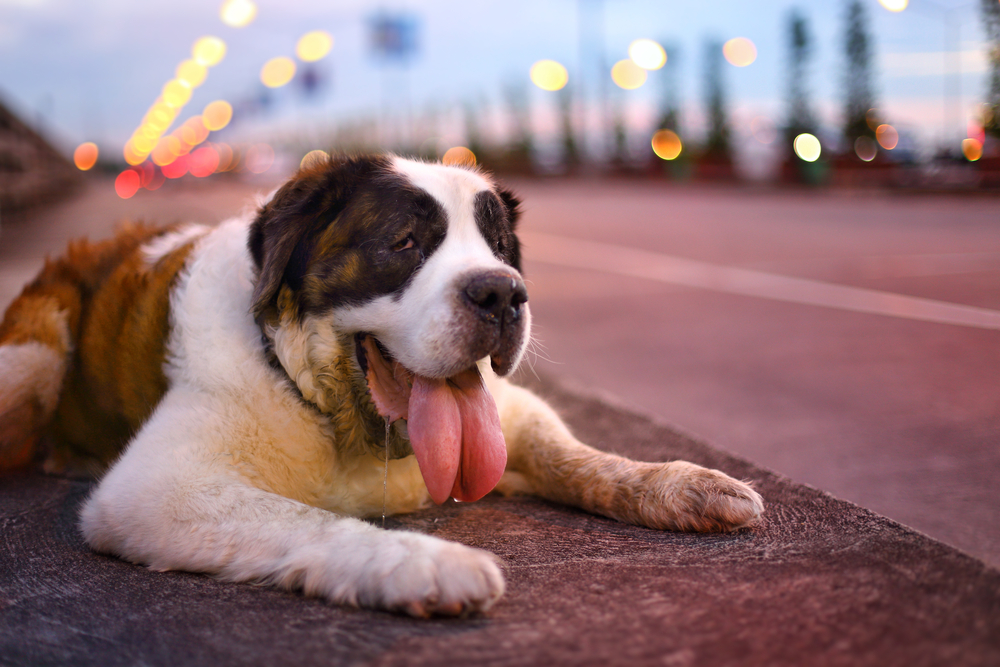
July Fourth occurs in one of the hottest months of the year. If you are spending most of your day outside with your pet, ensure they have a shady spot, access to fresh, cool water, and can escape to a cooler indoor area if they choose. A dog’s natural air conditioner is panting, so do not muzzle your dog while they are outside. Also, if you have a cement driveway or porch area that is exposed to the sun, be mindful that dogs can easily burn their paw pads on hot surfaces.
Mosquitoes, fleas, and ticks love summer weather as much as you do. Ensure your pet is protected from fleas, disease-carrying and blood-sucking ticks, and heartworm-carrying mosquitoes. If you are protecting your pet monthly from these parasites, then you may go about your summer celebrations. However, if your pet isn’t protected, talk to a Palm City Animal Medical Center veterinarian about keeping your pet protected all year long.
Palm City Animal Medical Center is committed to the safety of our clients and their pets. The above recommendations are not specific to July Fourth, so you should apply our advice to this year’s summer fun. If you have any questions, or your pet needs us, do not hesitate to call or text.

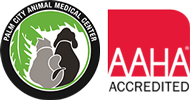
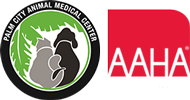

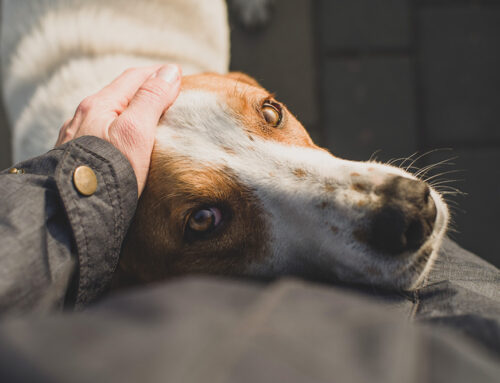
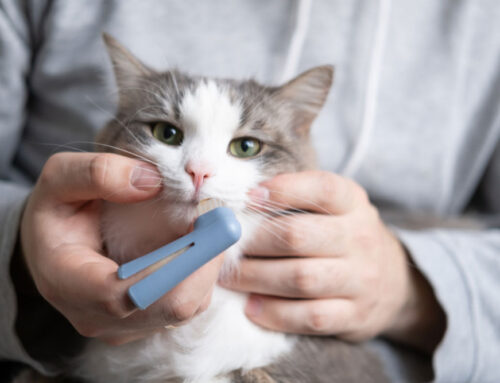


Leave A Comment